
Jesse, Frederick Gero Heimbach, and Karl K. Gallagher talk about Space Cadet by Robert A. Heinlein
Talked about on today’s show:
former space cadet, such a fine upstanding proto-officer, the episode of Star Trek The Next Generation that is an adaptation, also an adaptation, Coming Of Age, taking some starfleet entrance exams, a fake holodeck emergency, make a hard decision, Troi wanted to have command privileges, Geordi needs to die of radiation poisoning, Star Trek: The Next Generation is to Space Cadet as Starship Troopers is to Aliens, did Wesley get whipped?, Sgt. Zim is almost in this, the space marines, a precursor to Starship Troopers, the attitudes towards the marines, leaning into something heavily early then changes its mind, everyone is an officer, O’Brien gets demoted, Chief Warrant or Chief Petty, everybody being officers is pretty weird for regular military, the Space Patrol is NATO?, the list of five people, the numbers are pretty amazing, better numbers than CNN, author of The Devil’s Dictum and Ronald Reagan’s Brilliant Bullet, that’s by H. Beam Piper, sidetracking, jokes on twitter: Heinlein was 41 when this book was published and John Scalzi is 53 and still hasn’t replaced this book, Scalzi’s background, midshipman or ensign Heinlein, marines are cool, you’d never cut it with the marines, they don’t know what the fuck they’re talking about, Hugo winning podcasts have had such claims, the more mature distillation?, YA vs. adult audience?, going for the same audience, intended as a YA, the editor threw a fit, we’re divorced now, Starship Troopers is about being the person who protects your tribe, 100 hunter gatherers, put you body between the body and the danger, between beloved home and war’s desolation, impartial service trying to keep the peace (not NATO), blow up your own home town, relax, the captain will confine you to quarters, the darkest moment in the book, theoretical, “Space Cadet is a sequel to Solution Unsatisfactory“, dictator over the world, an elite patrol to enforce peace, the best title Campbell hung on Heinlein, four names mentioned at every roll call, the origin of that tradition, founded as a military coup but we’re better than that now, abolish global democracy, what people are claiming, national democracies, politically naive?, William O. Douglas, educated and reasonable people who think just like me, a panel of experts vs. corrupt bozos elected to congress, an adult actually believed that, what’s missing in the analysis, who pick the people who pick the people who get to be in the Space Patrol, the Federation, peacekeepers, solving problems, exploring, their job is be peaceful and officers and correct, they’re not elected to their jobs, approved by the authors above them for promotion, we can’t ask questions like that, they’re not democratic, a cadre of elite warriors, samurai 18th, 19th, and early 20th century Japan, the crusading orders, nobody in Space Patrol gets laid, a YA book from 1948, nearly naked, nudity, he loves his nudity, monks with nukes, deus volt, they’re defining the overton window, stay inside the box, very revolutionary, oh shit is this a rah rah military book?, mom and dad and sibling, they’d never nuke us, just to make the others feel better, Matt Dodson, we would nuke you, post-national, 2075, the North American Union, Sikhs in the Space Patrol, Asians, Africans, a South American, South Americans, Texans are barely American, a mistake to break away from Mexico and a mistake to join the Union, the plot, they go to Venus, Luke Burrage’s review of S, a Rene Girard hater?, mimetic desire?, everybody is a woman on Venus, Heinlein is very interested in transgender stuff, constantly, “All You Zombies”, I Will Fear No Evil, polyamory, and incest, a theme that he’s been telling me, he was really serious about it, manners are incredibly important, they study all these planets, kidnaps somebody he shouldn’t have, being polite, managing manners, he shocks them to our core, he really does really care a lot about manners, one of the Lazarus Long lines, manners are the oil, degenerated, she kills somebody for bad manners in Friday, cannibalism incest is fine as long as you’re polite about it, politeness demands, his boss is his mother, very noisy, a pronoun argument, call her she because she’s a person, the earliest argument about what pronoun to call people other than Shakespearean cross-dressing disguise, what Heinlein would be like on twitter, would his pronouns be in his bio and if they were what would they be?, trying to be polite, Mark Finn has pronouns in his bio, stand in solidarity with other people, the long grey beard saves everyone the trouble, not a justification in the book, we’re seeing that all in English, why pick she?, venerian males are never seen by humans, egg layers?, what were they eating, ovulations, insect paste?, mashed locusts or cockroaches, some byproduct of reproduction, the Mexican jumping bean, Uncle Bodie was the most interesting character, yeah Karl Gallagher, Thomas SFF180 saying Matt and the crew of Space Cadet are so old fashioned, they’re using slide-rules, they have cellphones, the SLS launch, Shaun Duke, how little science fiction authors, Bill Christensen’s Technovelgy, 185 ideas of inventions from the works of Robert A. Heinlein, the Torchship trilogy, doesn’t need batteries, it cannot become self aware, a strong advantage to the slide-rule, a solar powered calculator, one of the headmasters, do the calculation in your head, running math drills, Apollo astronauts, they probably had slide rules, all the math got done on Earth, why do you need a knife when you have a jedi stick?, presumably jedi sticks run out of batteries, atomic calculator, bring a slipstick with you, that kind of thinking is so fucking stupid, what science fiction is, we should be surprised if there’s anything, very easy to criticize on that level, what this book is about, we developed a fucking nuke now what are we going to do, a one world government, this is what it looks like in the best scenario, living in luxury by extorting nations, send more spacebabes the celibacy is getting very tiresome, Star Trek technobabble, Geordi or Data, how they got into this plothole, a bunch of sounds that come out of their mouths, where the plot of Top Gun Maverick is, Iran had a deal with the USA and a president canceled that, trench run, very simple, the countries that have nukes don’t have to be dictated to, go to war with China or Russia because they have nukes, a proxy war, a proxy war in Afghanistan, Osama Bin Laden, a big game, a decentralized network or popular movement, he has a real idea behind it, anybody who misbehaves gets nuked, special highly trained negotiated, complaining about Heinlein’s major sin: he thinks hypo-learning is a real thing, that is the tech that sucks, hypnolearning, socialism’s bodycount, team-antisocialism’s bodycount, Earth is a super dystopia, Starman Jones has the best sliderules, the Scribners juveniles, Farmer In The Sky, a Ganymedian boy, Earth is so shit, one room apartment, not enough food, his most valued possession is his belt pouch, Star Beast is rural, what little we see of Earth here, minus the occasional craters like Denver, who did Denver, unexplained details is a smart move, that phone conversation, that tweet thread, whether he was lying to his dad or not, the reason Matt and all his buddies pass is because he’s just so gosh darn honest, looked stubborn, a Heinleinianism, they don’t have call display, how’s your leg, Matt dodges the question, all sorts of interesting, relationship between being honest and manners, that was delicious, mid-century masculinity, ow, I need some me time, a standard expected of men, rural traditions, farmer stoicism, not showing weakness, drill sergeants beat out the complaining not-fair attitude, why Heinlein put the question in, “Heinlein was a…” an endless list of ists, racists, misogynist, fascist, ableist, sexist, pederast, incestuist?, what about the …ians, libertarian, he’s anti-racist, Sixth Column, he worked it from an outline Campbell, he had re-slant it, after removing a bunch of racism, actively anti-racist, is there a parallel female service?, winnowing, hyper-selective for certain traits, other than those traits, precisely missing the point, take down the big figure to move up, ten years ago Heinlein, don’t read anything after 1980?, clicks by being obnoxious, that’s twitter, go full Fred conservative, an all male service, having females in the service undermines the formation of an exclusive military culture, Tunnel In The Sky, the Amazons, mid-thirties, make somebody dinner and become a tradwife, tradhusbands, most of human existence, sex and occasional other things, half-raising of children, women gravitate to some jobs, Scandinavian countries, more capital per individual, sexual preference, men and women are very similar, I’m good enough I’m strong enough and I can work a slipstick as well as any man, woman-hater, a concession to the very juvenile set, bad at predicting, dealing with the consequence when countries plural, 1948, it’s amazing, steer ships around the solar system, making serious attempts to really think through, he’s totally a hard science fiction writer, the gyros, he’s keeping up with the Willy Ley illustrations, the phrase has come to mean the opposite to what Heinlein was going for, spacey, you have to be ahead of the game, Rocket Ship Galileo, Nazis on the Moon, even going to the Moon, international commerce with rockets, ex-mail rockets, an intercontinental missile is easier than getting to orbit, double the delta v to get to orbit (vs. getting another continent), 10 times the structural performance, great power competition, motives to get to orbit, the Concorde, sonic boom, really fast travel has problems, Heinlein did expect that, supersonic trains, people would just live with it, cows going deaf, invent better glass, the reverence for the four crewmen who are always present and always , such a sentimental guy, on the level of literature, one of Fred’s favourites juveniles, the favourite scene in the book is not in the book, Astarte, the corpses, they were ghosts, ghostology, permission to land we have honoured dead, shut up and get off this channel, repeat, Fred has lived that scene, instantly legendary, you didn’t even right that!, write the fanfic, that’s the best scene in the book, connect some dots that were missing, remember the beaver people, so they weren’t bring them home, very Christian imagery, bringing Karl back to his cadet to active duty days, weather satellites, a space guy, telling satellites what to do, sitting in a silo, turning a key to launch an ICBM, contemplating space patrol responsibilities, do I turn the key?, how the US does nuclear missiles, a scene in WarGames (1983), it takes two, dozens of meters under the Earth each with a loaded pistol, we have our system set up, the elected politicians make the decision, those countries don’t do nearly as well, the logic of it hasn’t changed, the recent or current presidents, having the military make the decision, we don’t take our orders from people on the ground, you as an officer will ultimately take whatever orders you’re giving, excepting illegal orders, when you’re in a silo, browsing the internet, Q is telling me what’s really going on, the Starship Troopers defend your tribe thing, don’t do that or we’ll nuke Moscow, NATO has to step in, making the cringe face, a helluva noise, a very different situation, NATO is supposed to defend NATO countries, if you go the other way, have Russia join NATO, Russia asked to join NATO and was declined, one influential person into vetoing it, do you understand how to funnel the money into your friends pockets, you can’t have an enemy if you’re on the same team, now we have to go fight in Afghanistan, this one patrol for the solar system, they inspect whatever they like, the ultimate force, Wind From A Burning Woman by Greg Bear, to do terrorism, the Moon is also good at throwing rocks, The Moon Is A Harsh Mistress, a rock throwing contest with a guy at the bottom of a well, Between Planets, dragons, three legged and ball shaped martians, the destroyed planet, Red Planet, Stranger In A Strange Land, destroyed the 5th planet, they nuked themselves, ignite the nukes, it can not happen, don’t worry mom, it can’t fall on you, a different continuity, compatible, make the safety interlocks disappeared, other authors, prior to Heinlein, the asteroid belt being a planet, sedimentary rock, a simple plot, training, more training, interrupted cruise, cruise home, go to Venus, divide the crew in half, the distress call, the sub-crew, one lt. and three cadets, what Heinlein really wants: three boy scouts, Nothing Ever Happens On The Moon, in Expanded Universe, the only tree on Ganymede [Farmer In The Sky], a boy scouts book, Boys’ Life, a continuity, naval academy experience, the idealized, Karl believes in nation states the way he believes in trees, that’s what the chipmunks want you to believe, the classic Plato line, who will guard the guardians, we’ll muddle through with good virtue and boy scout honour, he gives the wrong salute, standardized testing, he was the squad leader because his name came first on the list, he goes for officer, it is forced upon him, it’s my duty to these apes, I am officer material, sidetracked as usual, the four ghosts, Rodger Young, a 1946 song, as an analogy he fits the same story as these heroes, Heinlein being ableist, is your leg okay after the operation you had where you were born a cripple?,the National Guard, blind and deaf, pacific atolls, inspiring Heinlein, the marine tradition, the pride in the individual heroicism, Fred’s dream: the confabulating of the scene, what Heinlein’s inducing in Fred, how they can be good silvermen, these traditions, he dramatizes, over a century, would have become corrupt, they’re ghosts, this corp has traditions, that mystical spiritual ghostly, into their bodies, all that crap that happens in the middle, boring vs. relaxing, looking at it from a writer’s point of view, legendary status, doesn’t matter he’s in a coma, rises from the coma to respond with the name of one of the four heroes, leapfrog in status, once they land and the word, the inevitable cellphones come out, seeing the video now on twitter, in keeping with tradition of the corps, these heroes coming back!, the post mission interview, there’s nothing to say because they did an okay job, that insight is very good, the actual crusades, a lot of people on a lot of missions, a lot of crusaders books, H. Rider Haggard’s The Brethren, She And Allan, he would have been huge, a personal crusade to the holy land to get back their cousin who is the niece of Saladin, assassins, two terrific female characters, two brothers who go on a crusader like mission, another half-Christian half-Muslim lady, in keeping with the Christian tradition, a moral heathen, generous with his victories, magnanimous in battle, one of Heinlein’s greatest sins is he strawmans characters, his villains are whiny entitled lazy incompetent, as a cadet, can’t we just break the rules, decides to go work for his dad, coincidence, lampshaded, he’s the one who’s responsible, je soif, the frogs, let’s give him from water, Heinlein is very good at plotting, meandering, always asking for showing what the main character’s goal is, get better at the job so he can stay in the patrol, he wants to grow up, we don’t know what we want , Heinlein can guide us, reading as an adult, Fred loved it as a 12 year old, dismissing Heinlein, I never need to read them again, I wouldn’t recommend him to people even though I read all of his stuff, how the corruption begins, Space Cadet is not a tightly plotted book, here’s what your world government looks like?, do you really want to have it?, he’s not saying this is not a good plan, if he’s secretly saying, utopias or dystopias, here’s a scenario people are asking for, exploring it, you can’t really say Heinlein did a bad job, almost objectively true, what is the book for?, it works really well for kids 12 and above, kids who have never seen a rocket that went to space, appreciating in good stories, thoughtful reminders, not leaving things hanging, when Matt goes back and does the job of his cadet supervisors, you’re getting your hunger back, new academy kids coming in, not so many people get to pass through, people retire in their 30s, mostly they’re not fit, what not fit means is they’re dishonest, they’re overly attached to their tribe as opposed to the truth, character, Rodger Young was short and disabled, rewarded with death, a song and book naming a space ship after him, the right thing to do, what makes you a good patrolman, a model for stability, what’s the point of military or civilian service, Heinlein is a utopian, people who’ve actually seen combat or put in service, made fun of in the Verhoven movie, service guarantees participation in the ruling councils, citizenship vs. the vote, graduate children into adulthood by means of testing, a very utopian and interesting idea, overwhelmed by people saying he’s a fascist, all these retirees, do they have an outsized influence?, he thinks that he benefited from it, a lifer was someone who got in at 20 years, you don’t need that many admirals, the patrol breaks your ability to be a part of your parochial group, had to by my own belt buckle?, Jesse is a Zelazny character, very different from a lot of people, this guy hates me, this guy doesn’t understand me, an asshole on twitter, abrasive on the podcast, sometimes other people have ideas that are cool, why Heinlein has people retire out, the Starfleet Academy training program, retirement in Star Trek, how to change society, you need more training, I notice you like spending times naked in the growery, the essences, the officer was a monk he didn’t care, some of the monks stay in the service and don’t ever get married, when you have a military service that is conscription, in for three terms, training for humanity, we can be done, this very solid book, majority of the population going through federal service, a distilled fraction, a very good point, sometimes he’s a socialist sometimes he’s a libertarian, winged, marjory taylor green, Assange should be gotten out of prison, Rand Paul is right about a helluva lot of stuff, one axis, one of the less interesting axes, people are stuck, what modes can we get out of, he was ahead of the game with his anti-racism, its an ideology of anti-ideology, this is the way you talk about the subject, these are the words you should never say, if you are a very shallow thinker, what is the correct word, black as the ace of spades, the word spade is not an insult, the kind of thing that someone would quote tweet, learn to appreciate by reading a fucking book from more than ten years ago, worked up about words that were in common usage, family text channel, is wetback a slur?, a paper on immigration in the 1950s, Operation Wetback, the teacher freaks the fuck out, privileged of visiting the uncle who keeps you apprised, are guineas Italians?, continent by continent, three guineas in Africa, there’s a guinea in Asia, its a coin, the observed behavior, racism is still around, it’s not a science, ignorance, thoughtlessness, pseudoscience, people who just don’t like those people, when you’re uncomfortable, Fred’s shy, when Jesse can talk for five.
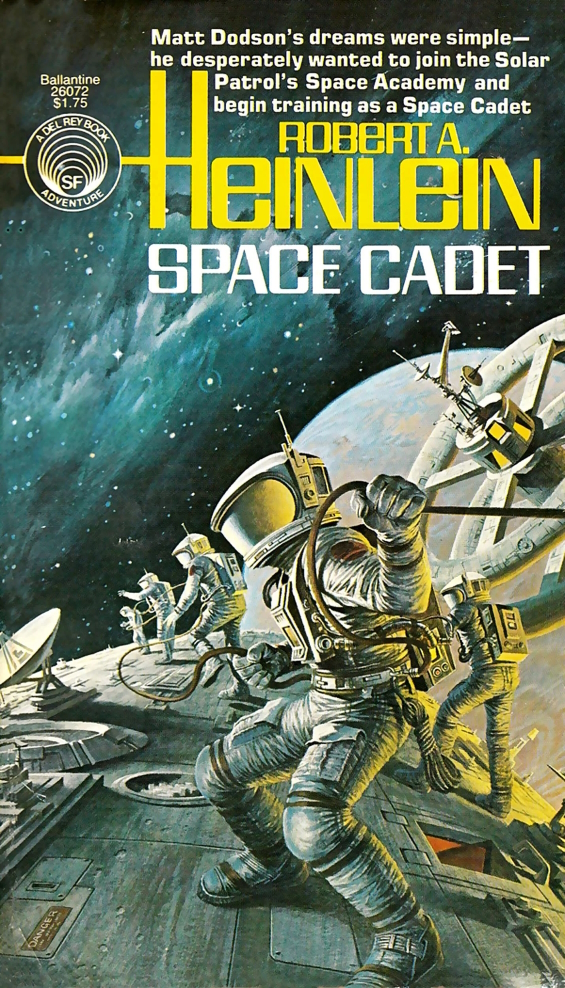
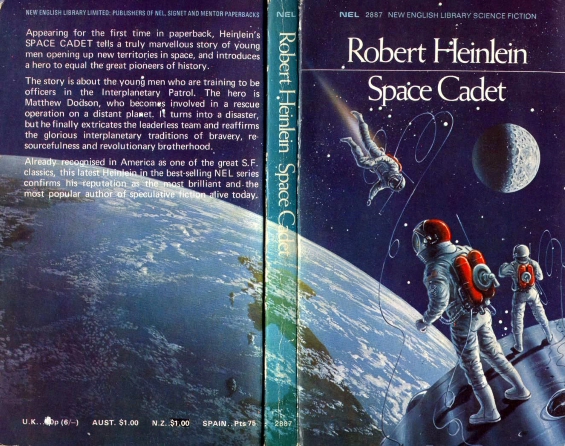

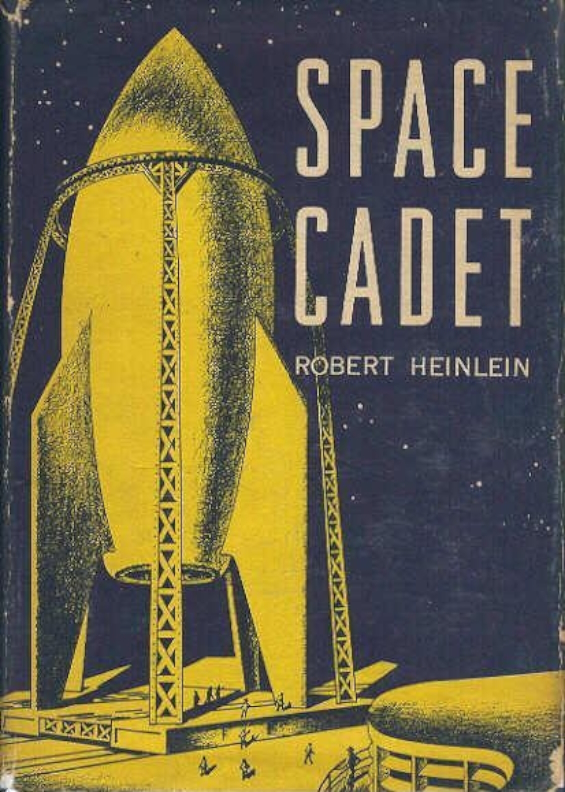
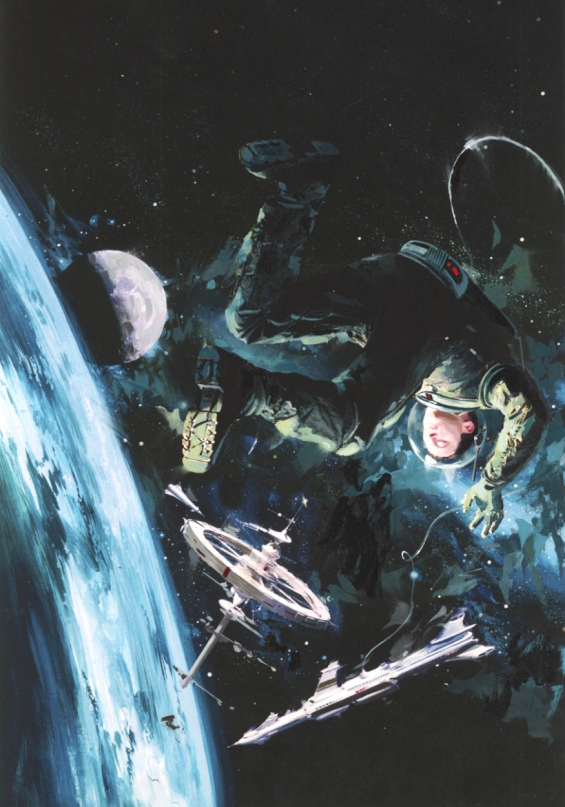
Posted by Jesse WillisBecome a Patron!


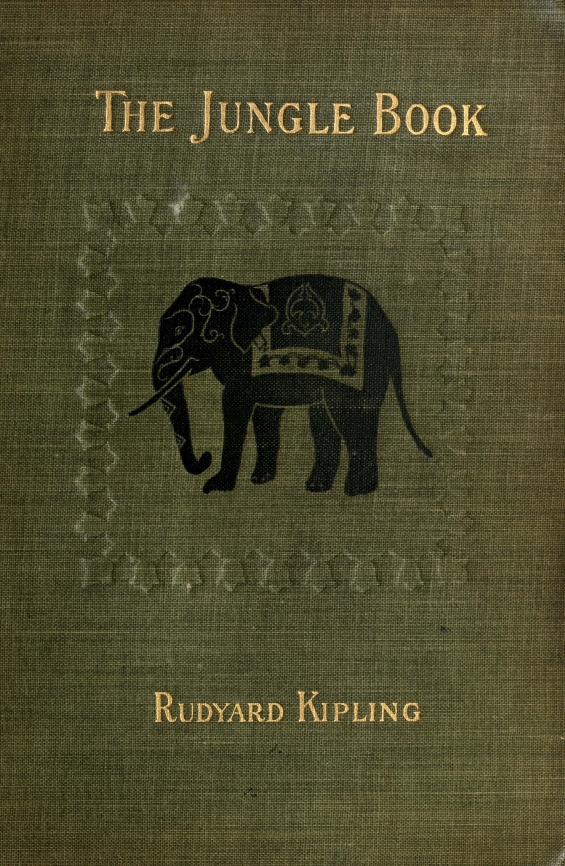






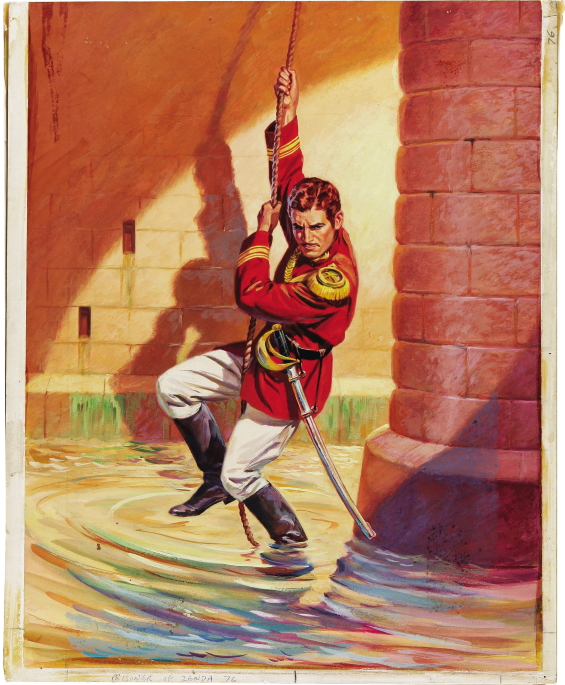


 Arguably: Essays
Arguably: Essays
